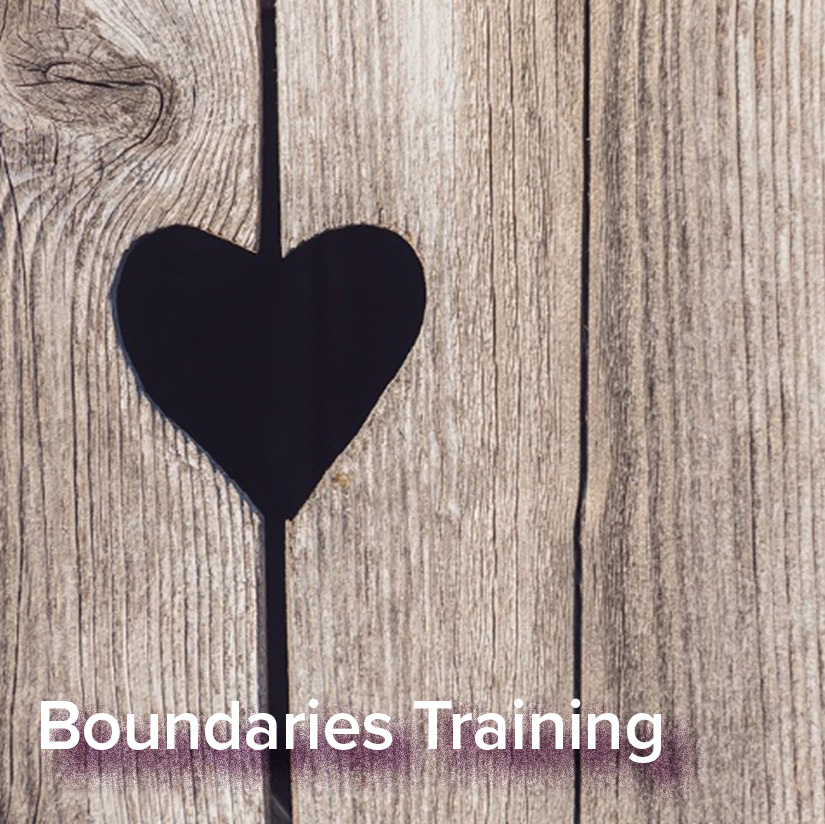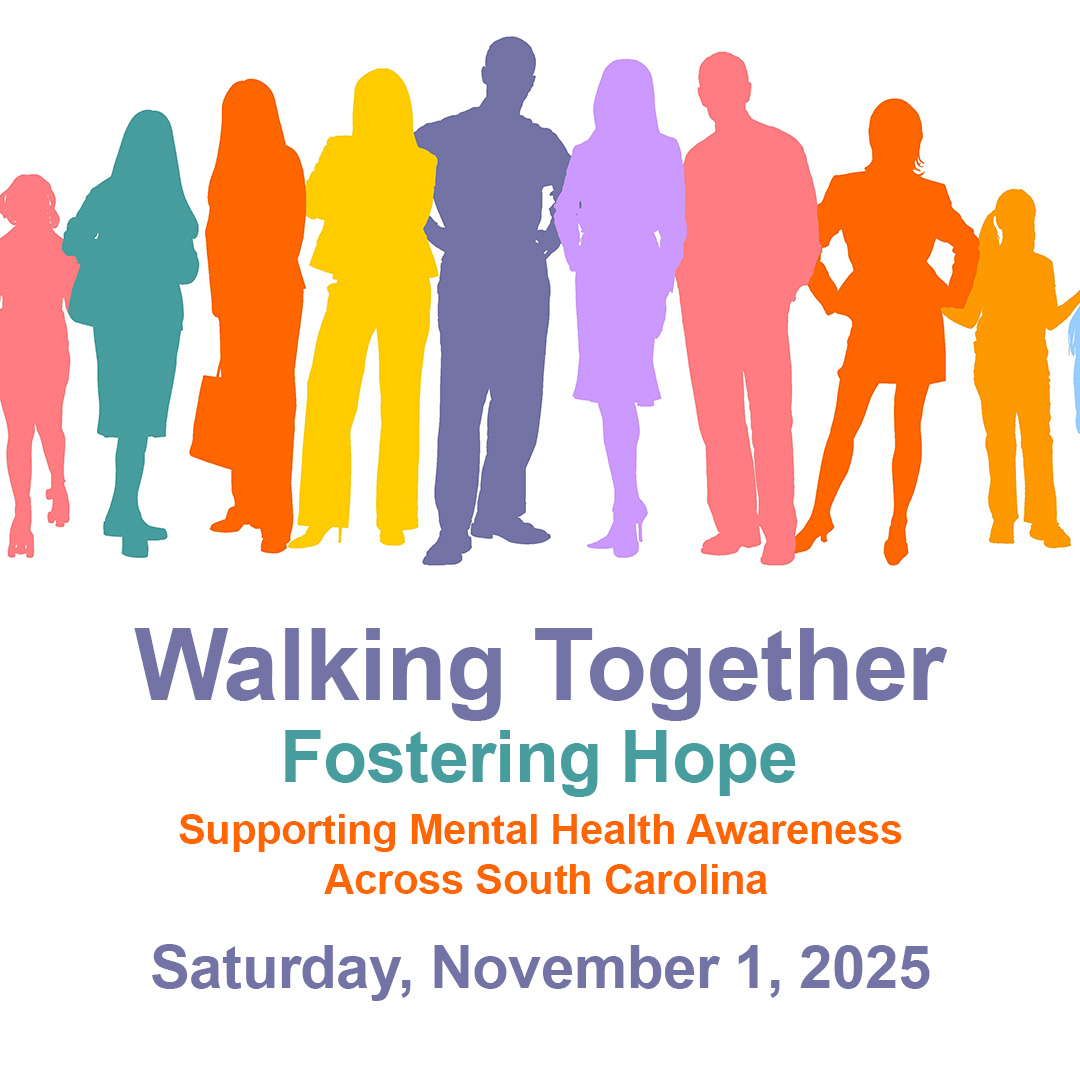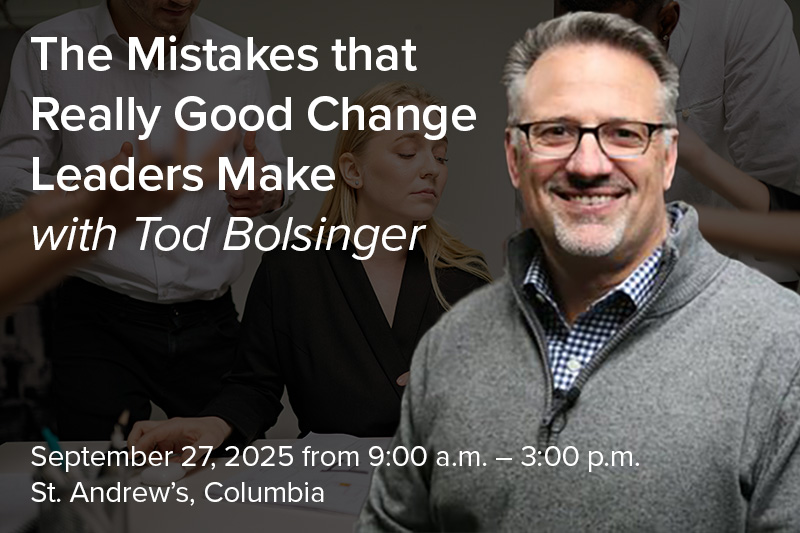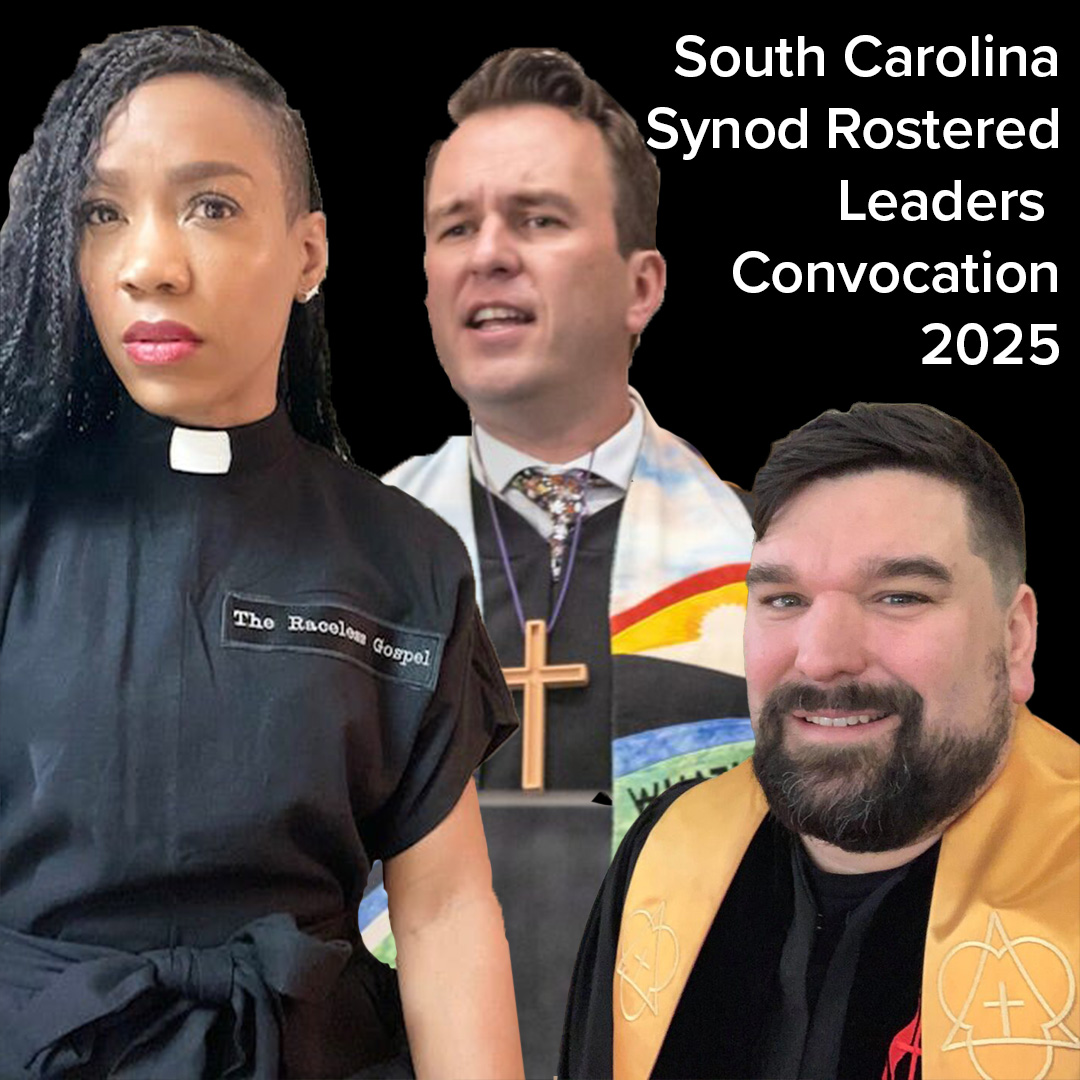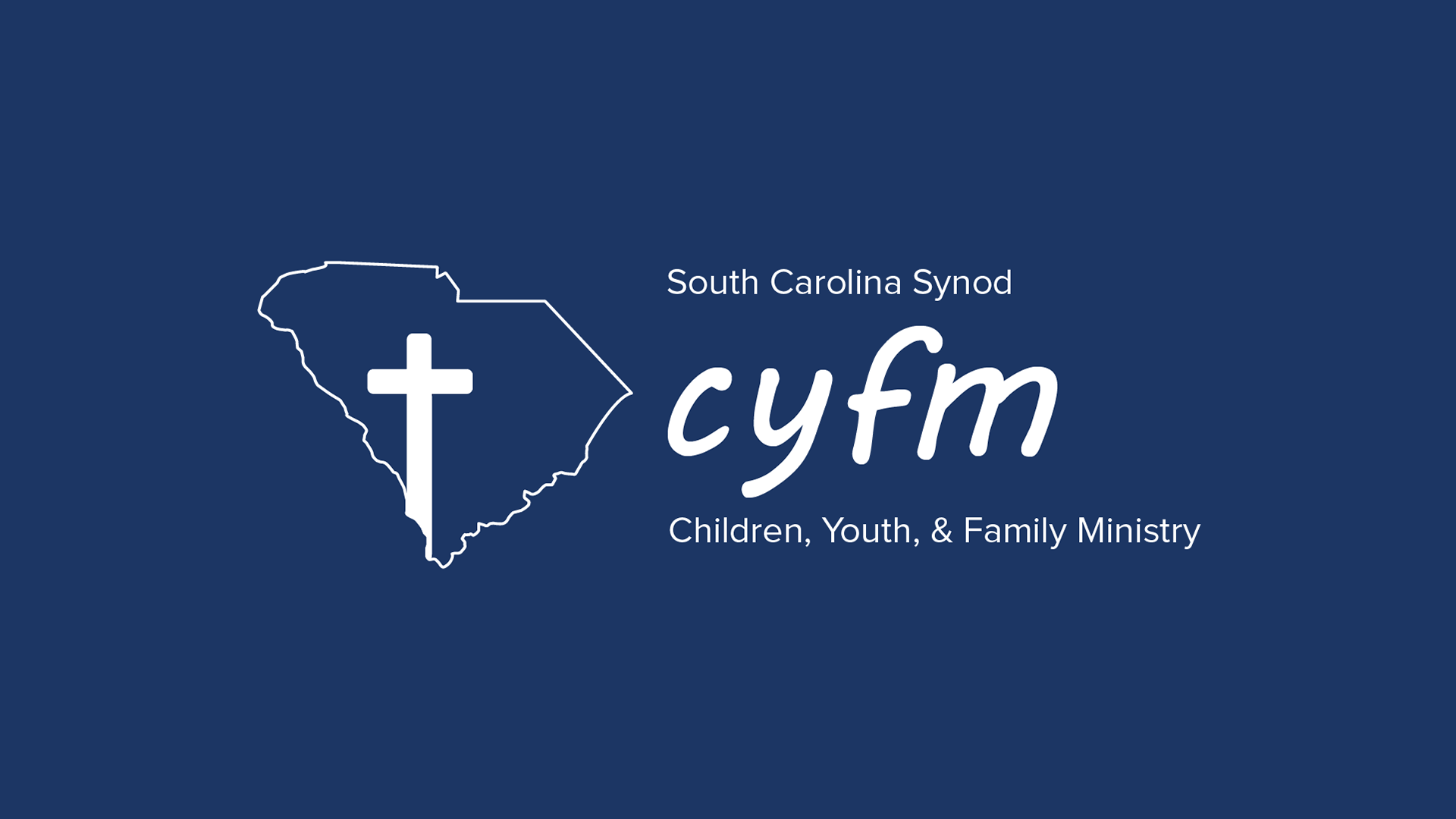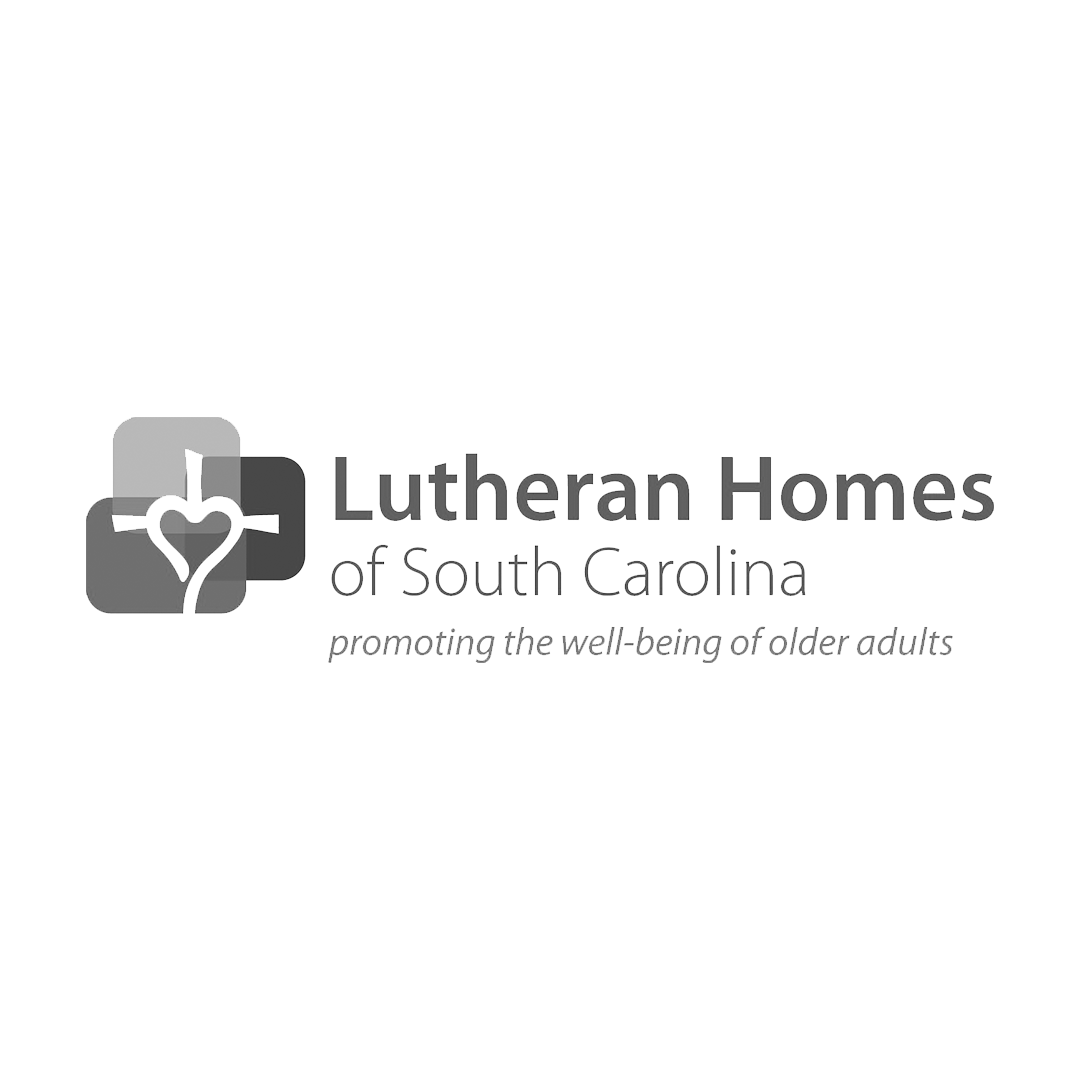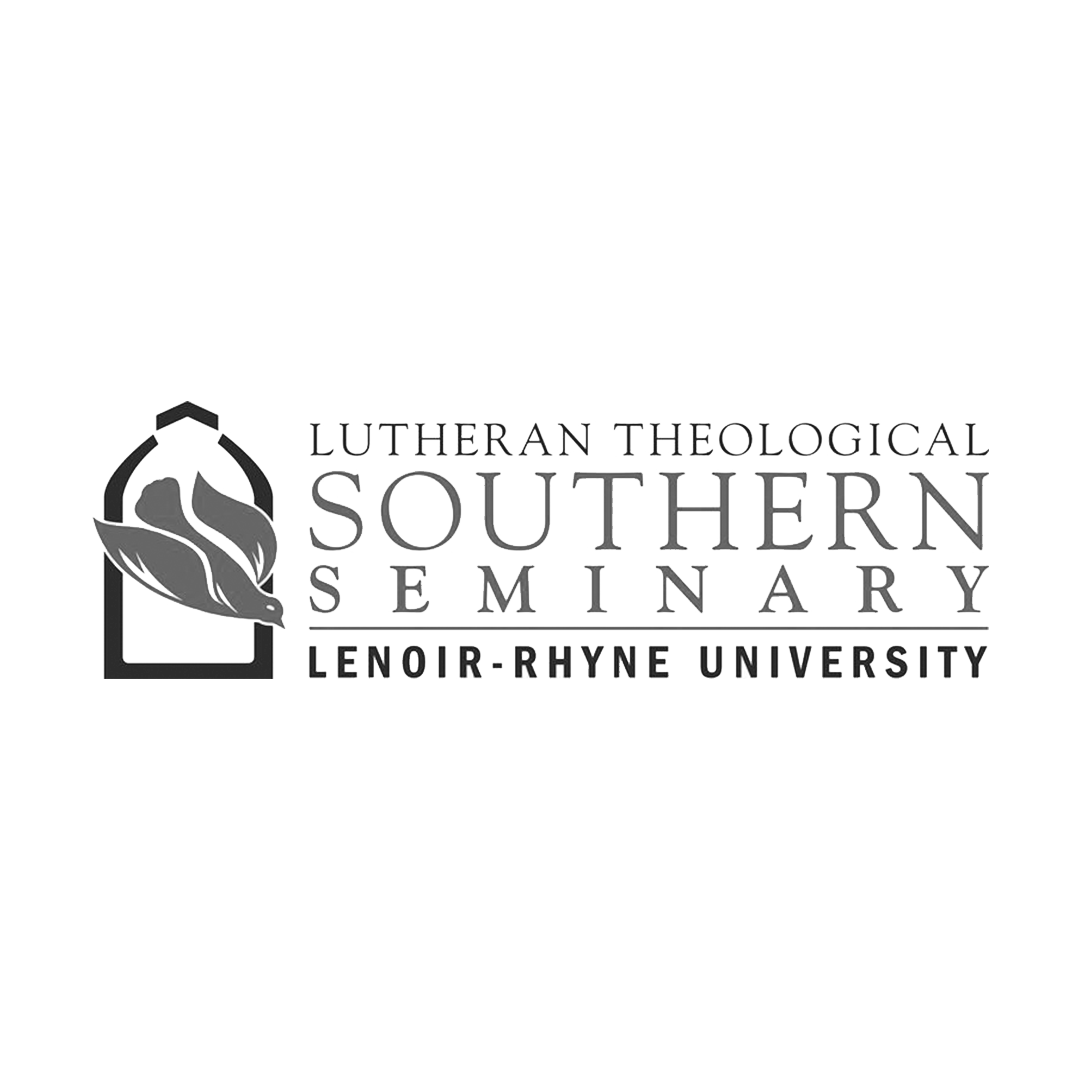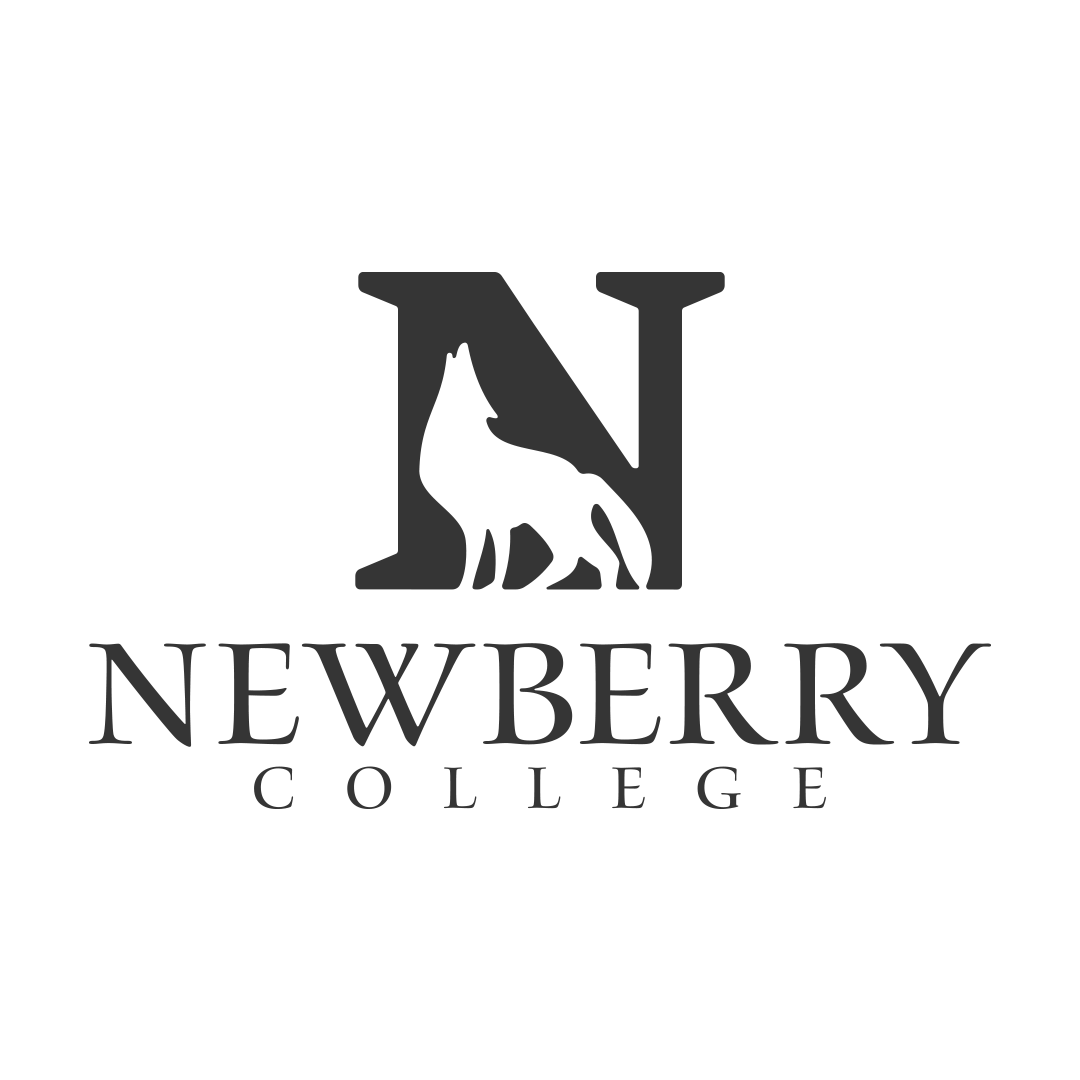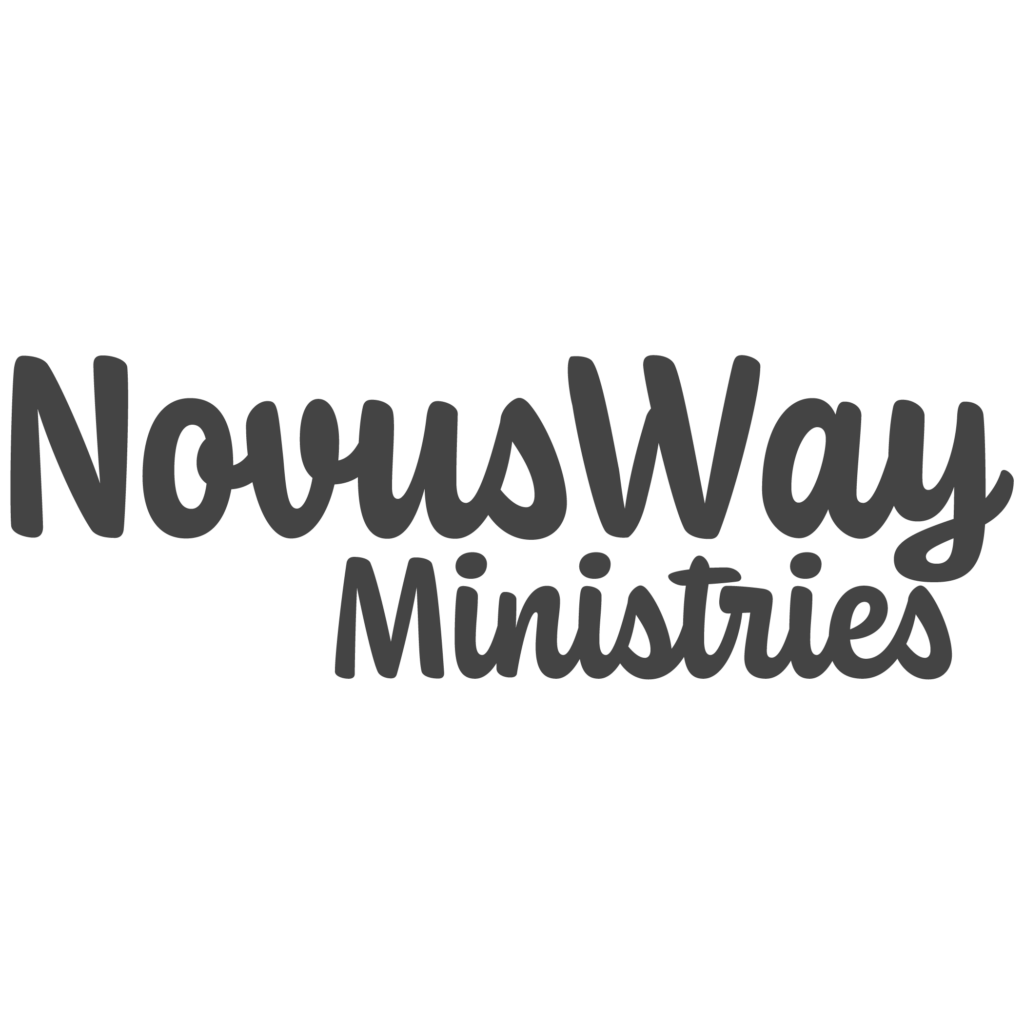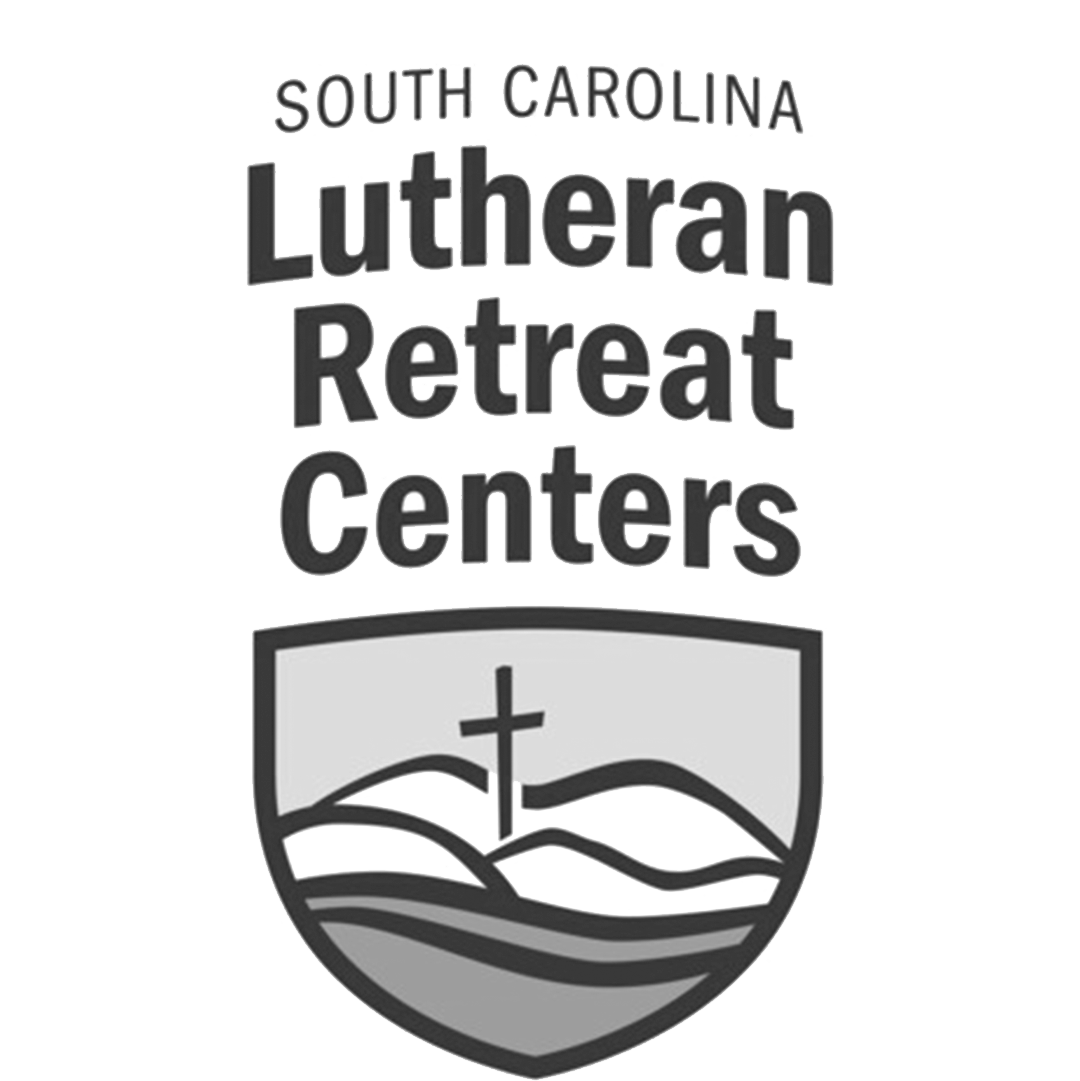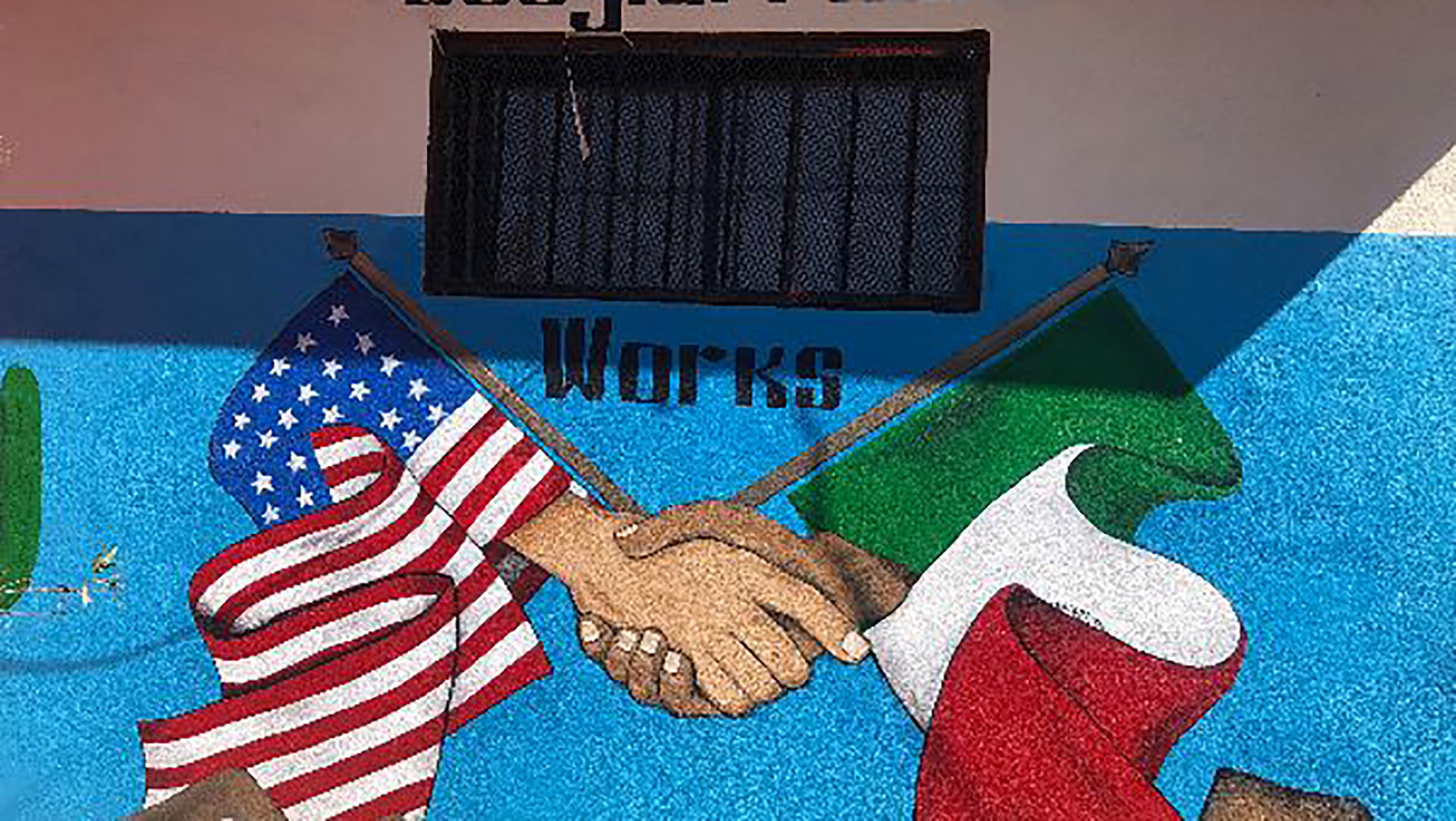
By Christine Hart
Serving as a Young Adult in Global Mission and a member of Bethlehem, Irmo
What do borders mean to you?
I was confronted with this question over and over again at the beginning of February. Our YAGM México group went to the US-México border towns of Douglas, AZ and Agua Prieta (MX) to explore this question. Instead of reading articles and hearing fiery speeches about our southern border, I had the privilege to experience the reality and learn from the residents themselves. Before you continue reading, I hope you’ll think about what borders mean to you. Our preconceptions color our opinions and often lead us astray. Only by being open, humble, and willing to learn can we improve how we interact with our neighbors. This whole year–especially my experience at the border–is helping me do just that. Keep reading to learn what a border means to me.
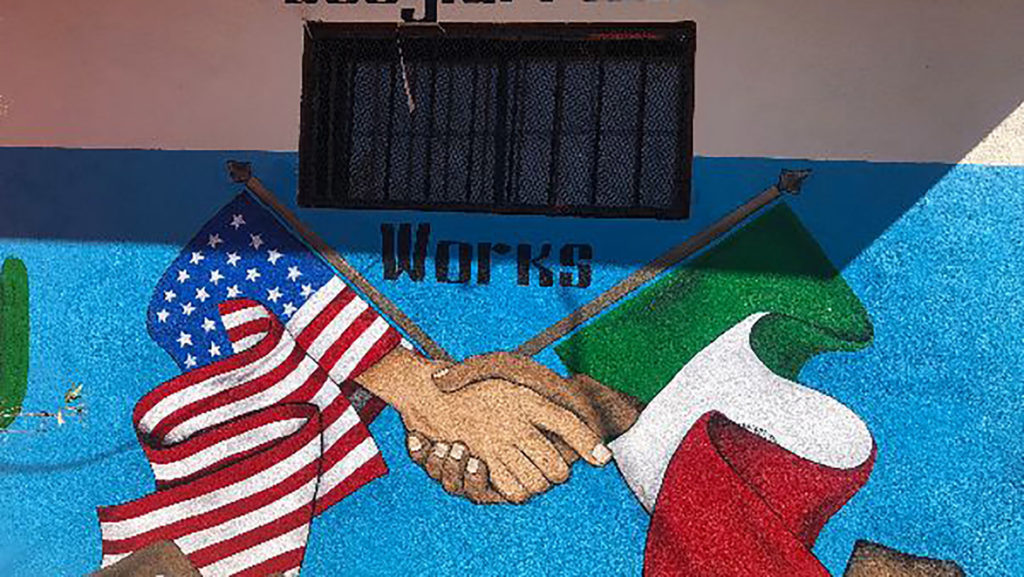
Murals like this one at DouglaPrieta Works (see below) show the unity of Agua Prieta and Douglas, AZ. This kind of narrative is not often shown in the news.
“Many stories matter. Stories have been used to dispossess and to malign. But stories can also be used to empower, and to humanize. Stories can break the dignity of a people. But stories can also repair that broken dignity.”
I imagine that you have an opinion on immigration, given that this discourse dominates our current political environment. You might also agree that discussions of border politics have degenerated into conflicts that highlight the deep-seated tensions and inequity present in the US.
As put by Adichie, stories have great power. Everyday we use and abuse stories of the US-Mexico border. How often do we actually learn from the individuals who live on the border? Where are the voices of those impacted by migration? Why are they not leading the discussion?
If you want to know the whole story, I think you must go to the source. And you must listen to what the source says about their reality, no matter how uncomfortable you feel. Because it is in those moments of discomfort that we grow to understand one another more fully.
At Agua Prieta and Douglas, I had the privilege to learn from the source. I hope to bring their words to you in this newsletter.
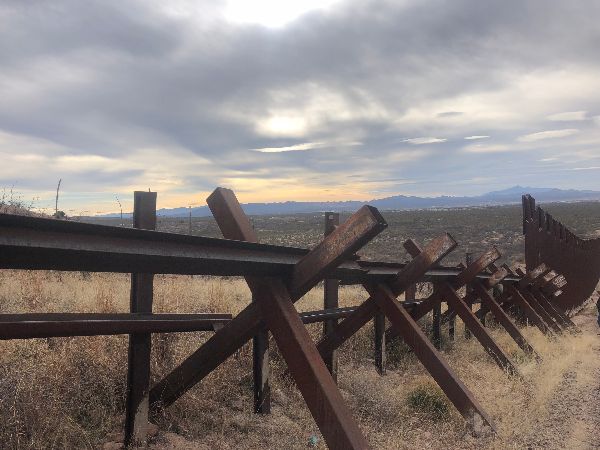
A Quick History Lesson
Before talking about the border today, we should take into account our history with México and Latin America. Attached are articles, videos, and even a podcast if you would like to explore further.
- “The border crossed me.” To insist on border lines without first acknowledging the brutal and inhumane ways in which these lines were born, is to ignore the whole story. Let’s not forget that the US is built on First Nations’ lands. The border also crossed individuals after the Mexican-American War ended in 1848.
- The Bracero Program encouraged migration from México to the US during World War II to maintain agricultural production until 1964. Unfortunately, this program often took advantage of migrants. At this time, the circular migration pattern was well established. Migrants came to the US and went home based on seasonal work schedules.
- CIA interventions disrupted the democratic framework of many countries, creating instability that strongly affected/affects migration.
General Chapman and Pat Buchanan raised concerns over the decades old patterns of migration. Between 1980 and 1993 the diction of border politics changed drastically, often taking on troubling tones of American exceptionalism. - Bill Clinton began to address migration with walls.
- The 1994 NAFTA (North Atlantic Free Trade Agreement) devastated the agricultural economy in México, forcing many individuals to leave home in search of economic opportunity.
- After 9/11 spending on southern border security ballooned. The trend of increased border security has been bipartisan since the mid-90s, with more wall being built under the Bush and Obama administrations.
- Migrants have been forced to cross in dangerous terrain, resulting in close to 7,000 deaths.
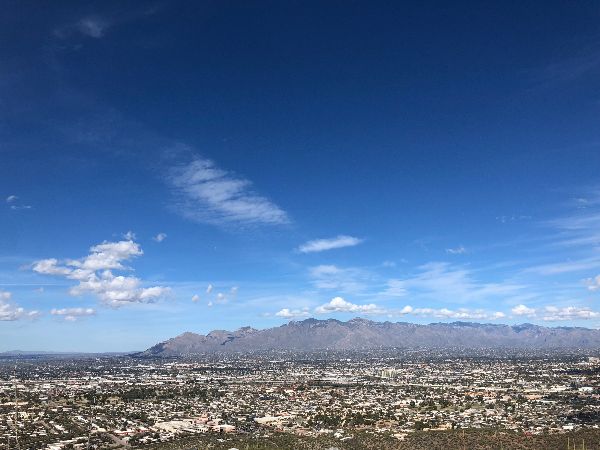
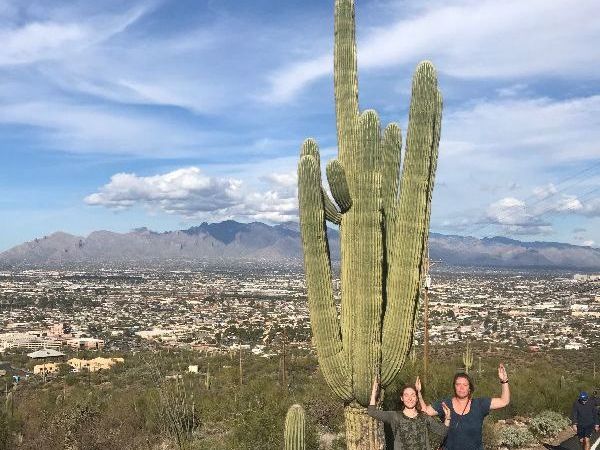
Our Time at the Border
The people of Agua Prieta and Douglas did not want a border wall. As far as they are concerned, they are the same town: a place where borders, that are transient by nature, cannot separate the lives that have been intertwined for so long. These strong ties between friends and family are evident in the binational organizations that work towards achieving unity, safety, and dignity for all.
Frontera de Cristo (Christ’s Border) is one of these binational organizations. Its busy and dedicated volunteers have maintained partnerships among these organizations in Agua Prieta and Douglas:
- CREEDA: A drug and alcohol rehabilitation center that supports and connects its participants to future job opportunities in Agua Prieta.
- DouglaPrieta Trabaja: A binational collective where artisanal products and agriculture help educate and support the local community.
- Café Justo: A coffee cooperative that uplifts Chiapas farmers by buying the coffee directly from the families. This trade helps to undo the harmful impacts of NAFTA on Chiapas farmers. You can buy this tasty coffee here.
- Healing Our Borders Prayer Vigil: A vigil that AP and Douglas community members started to publicly acknowledge the many migrant deaths in the Sonora Desert. Read more about this powerful night below.
- New Hope Community Center: A center focused on supporting the health, safety, and education of children in AP.
- Blueberry Café: A coffee shop run by a woman with a binational background and huge heart for serving the Douglas and Agua Prieta Community.
- CAME: A migrant shelter assisting individuals with new beginnings, which may include applications for asylum or adjustment after deportation.
It is a long list. A long list that includes both “sides.” In the face of such a large humanitarian crisis, this community acts. In such perseverance and unity, I saw God.
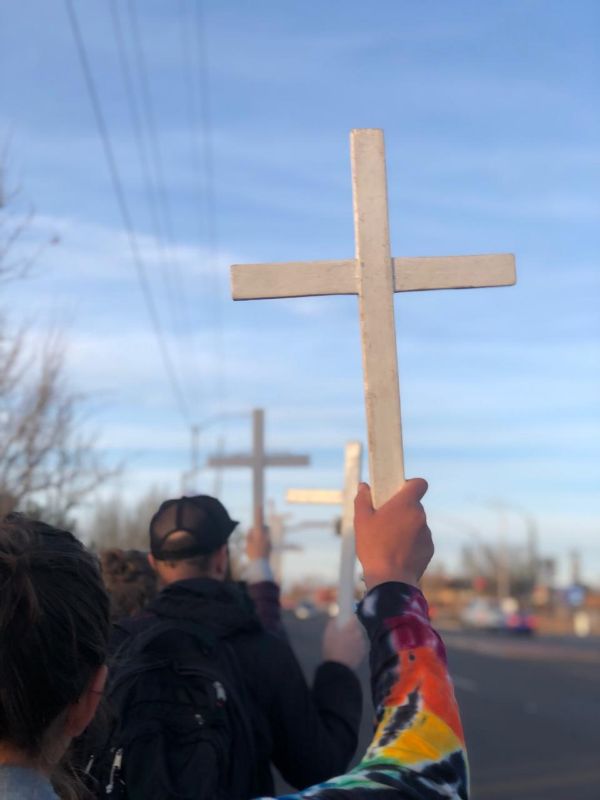
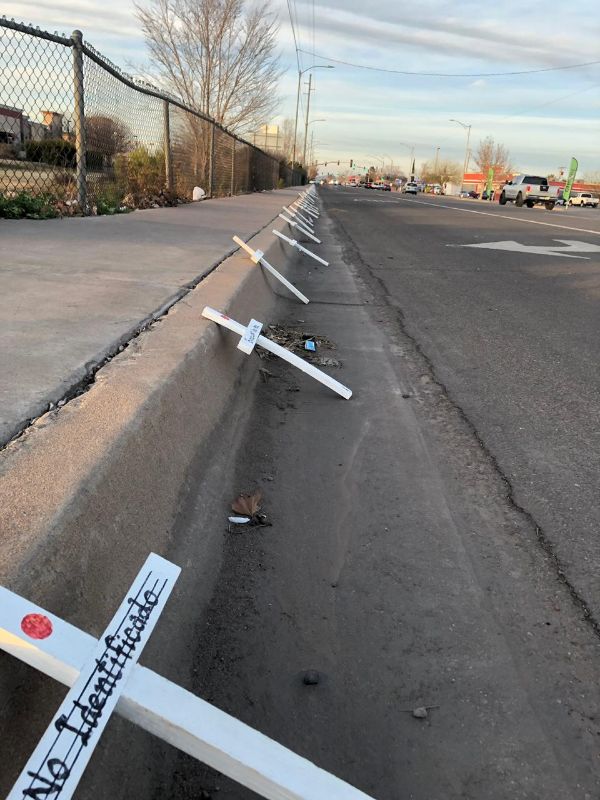
“No Identificado”
Not identified. These words, interspersed among names of migrants and border officers rung out during the Healing Our Borders Prayer Vigil. This vigil started because Agua Prieta and Douglas neighbors were alarmed by the great number of deaths occurring in their backyards. When walls were built to funnel migration into areas with natural borders, proponents believed migrants would be deterred from crossing the border. They were not. Unfortunately the push and pull factors of migration were too great. Close to 7,000 people have died in the attempt to migrate to the US. Each week, Douglas and Agua Prieta neighbors publicly recall these names.
As we called out name after name, holding up a wagon-full of crosses on the side of the street leading to the border, I thought about how we identify ourselves and one another. In my opinion, our diction and emotions surrounding the immigration debate completely miss the mark. Humans are designated as legal and illegal. Politicians and news outlets–on both sides–benefit from stirring up heated debates. We cling to the laws of our land, as if we did not create them and as if we cannot change them.
Take a moment to think about your name. Who calls you by that name? Take a moment to think about what makes you who you are. What if these identities were erased and you were redefined as “illegal”?
Whenever our policies and words erase the humanity and identity of our neighbor, we are on the wrong side of history. In a world where we consistently suppress the identities of our neighbors in favor of already powerful voices, the Gospel is no less radical.
Accompaniment is about partnership and reciprocity. It is not about fixing another person or deciding what they need. It is about listening to their story. If we want to right the wrongs on our southern border, we must first listen. We must make eliminate the practices which leave individuals unidentified and reality twisted into a political end. We must be serious about knowing our neighbor as we know ourselves.
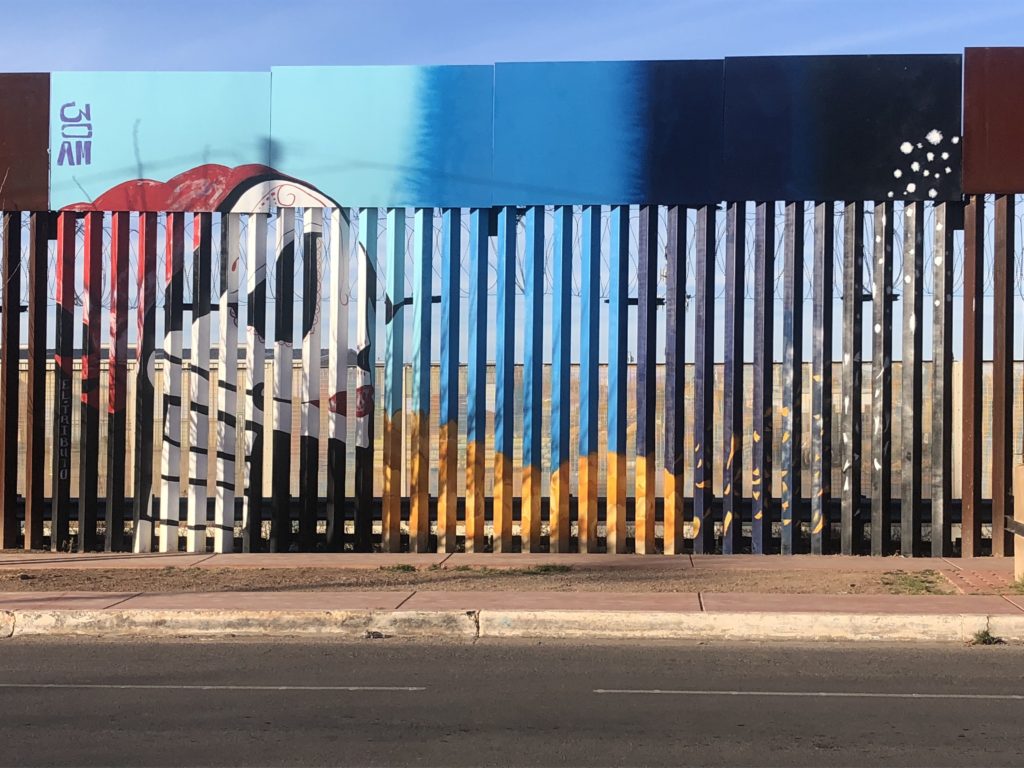
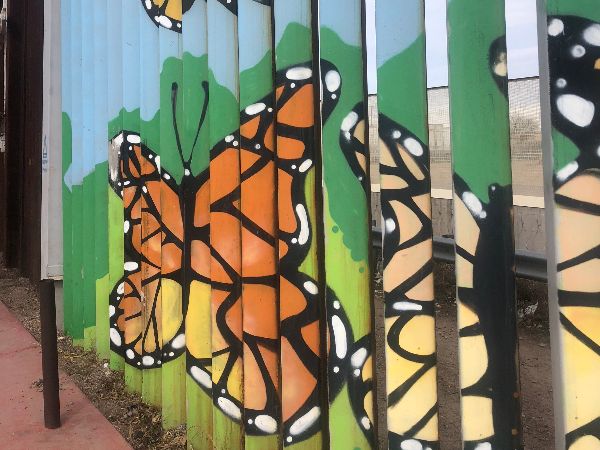
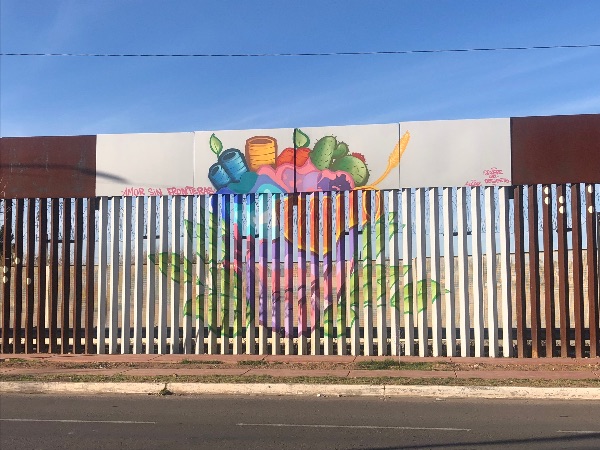
What do borders mean to me?
I have had some time to think about this question. Each time, my thoughts return to what my country coordinator, Meghan, said as we stood along the U.S. side of the border. She called borders “a place of encounter.”
I thought, “What a neutral way of expressing such a militarized area.” But the more I think about this, the more I like it. A border is what we make of it. It can be a beautiful mingling of cultures, languages, and lives. It can be a place of tension, hostility, or brutality.
We are in control of how we encounter one another. Yes, we have built walls and dehumanized our neighbors. But we have the power to change these encounters. We can still use our borders as spaces of learning, listening, and growth.
We are over half way to our goal! Join the effort to launch Latino ministry to new levels in South Carolina. Make your gift today.
And, help us reach the $50,000 challenge if at least half of our congregations participate. Click here for more information about how congregations can share this story with your members.
This is Christ’s Church. There is a place for you here.
We are the church that shares a living, daring confidence in God’s grace. Liberated by our faith, we embrace you as a whole person–questions, complexities and all. Join us as we do God’s work in Christ’s name for the life of the world.
Contact Information
ELCA South Carolina Synod
1003 Richland Street
Columbia, SC 29201
Telephone 803-765-0590
Fax 803-252-5558
Looking for Something?
Related Organizations
James R. Crumley, Jr., Archives (ELCA Archives)
Lutheran Homes of South Carolina
Lutheran Theological Southern Seminary
NovusWay (Lutheridge+Lutherock+Luther Springs+Lutheranch)
South Carolina Lutheran Church Youth
South Carolina Lutheran Men in Mission

